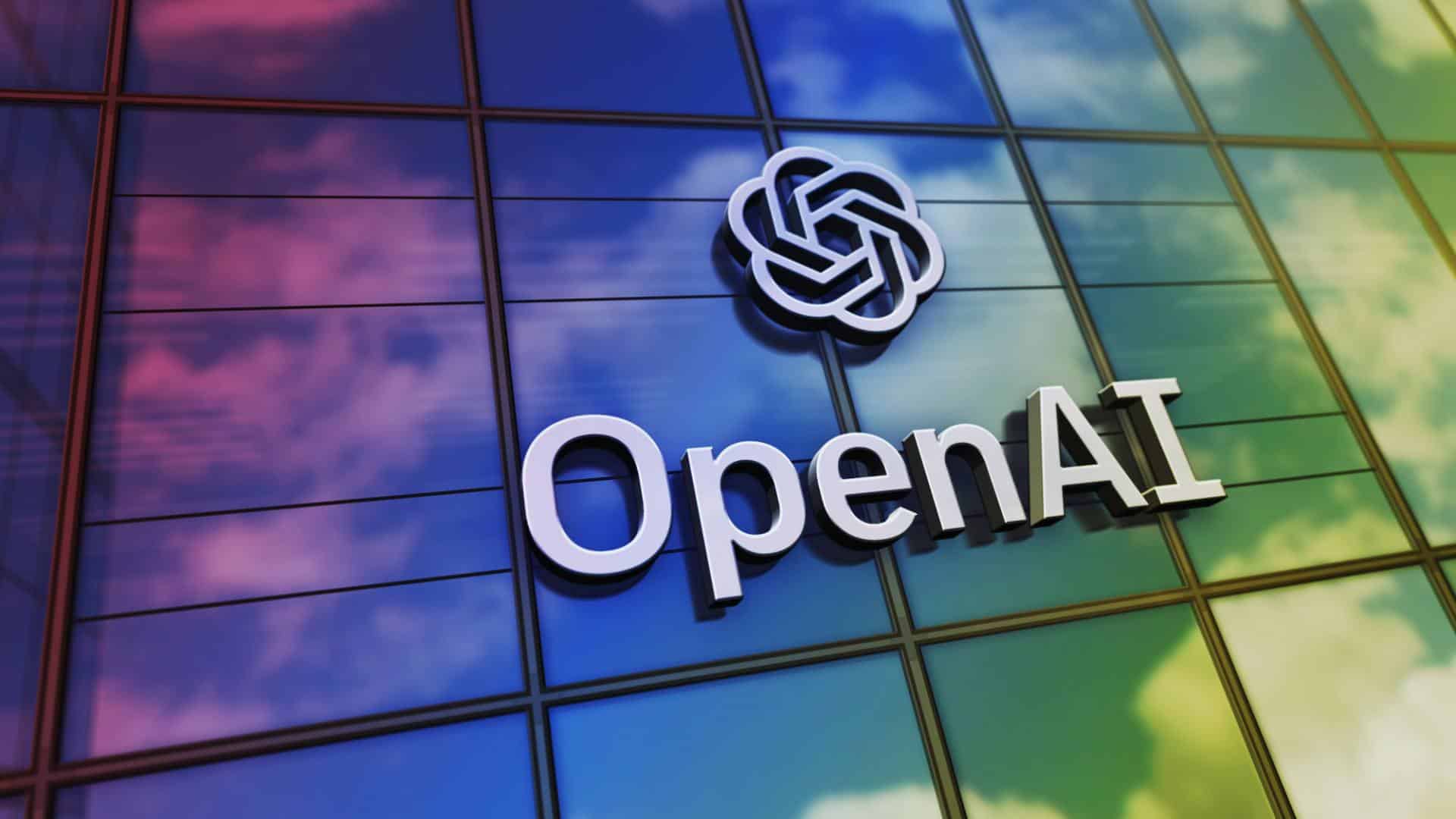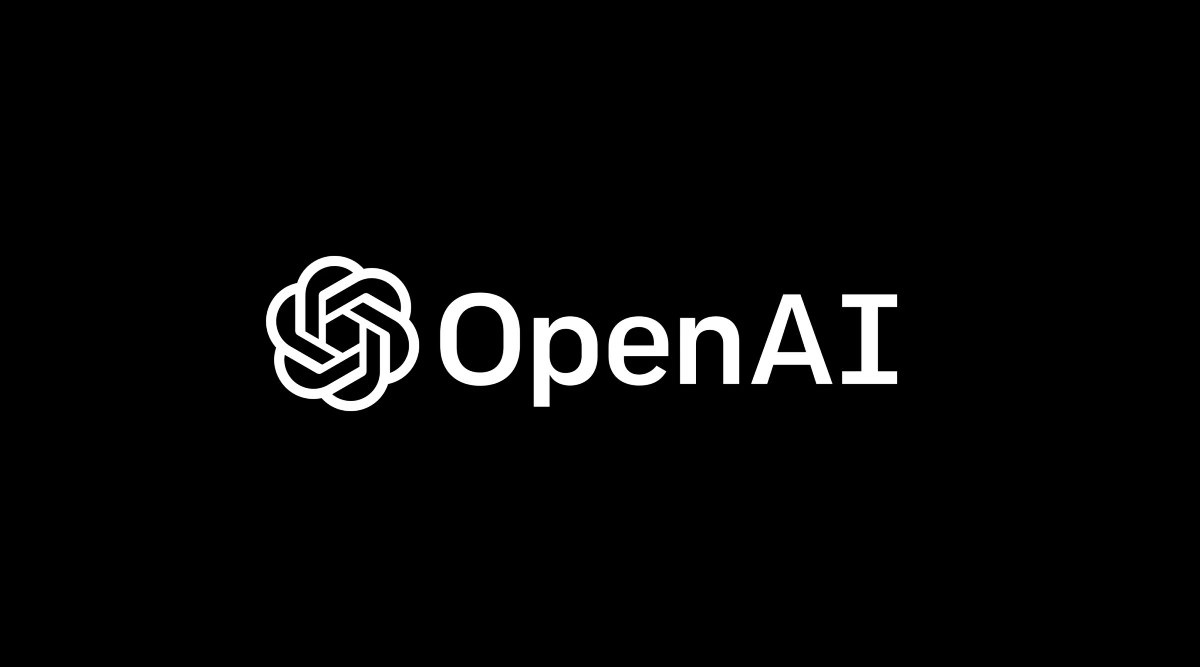
In an innovative move set to reshape the competitive landscape of artificial intelligence, OpenAI has unveiled its new “Flex processing” service. This strategic initiative is designed to cater to developers and businesses seeking cost-effective AI solutions without the urgency of immediate response times. Flex processing promises to be a budget-friendly alternative, halving the costs of AI model usage by offering slower response times and tolerating occasional resource unavailability.

Bridging the Gap Between Cost and Accessibility
Flex processing is currently available in beta for OpenAI’s latest o3 and o4-mini reasoning models. This service targets applications that can afford delayed responses, such as model evaluations, data enrichment, and asynchronous tasks. The pricing structure is notably reduced, making advanced AI tools more accessible to a wider range of users. For the o3 model, the cost is now $5 per million input tokens and $20 per million output tokens. Similarly, for the o4-mini model, prices have been slashed to $0.55 per million input tokens and $2.20 per million output tokens.
Strategic Response to Market Dynamics
The introduction of Flex processing by OpenAI comes at a critical time when the costs associated with cutting-edge AI technologies are on the rise. Competitors like Google have also been active, launching cost-efficient models like Gemini 2.5 Flash, which boasts competitive performance at a lower cost. OpenAI’s move is a direct response to this trend, aimed at maintaining its competitive edge and appealing to cost-conscious developers and businesses.

Enhanced Security Measures and ID Verification
Alongside the launch of Flex pricing, OpenAI has implemented a mandatory ID verification process for developers using the o3 model within the first three tiers of its usage tier hierarchy. This new security measure is intended to prevent misuse of its services and ensure compliance with usage policies. The requirement reflects OpenAI’s commitment to safe and responsible AI deployment.

OpenAI’s introduction of Flex processing is more than just a pricing adjustment; it’s a strategic maneuver to democratize access to advanced AI technologies. By balancing cost with performance and introducing necessary safeguards, OpenAI is not only broadening its customer base but also fostering a more inclusive environment for AI development and usage. As the AI industry continues to evolve, such initiatives will likely play a crucial role in shaping its future direction, making high-level AI tools accessible to a broader audience while ensuring ethical standards are met.
